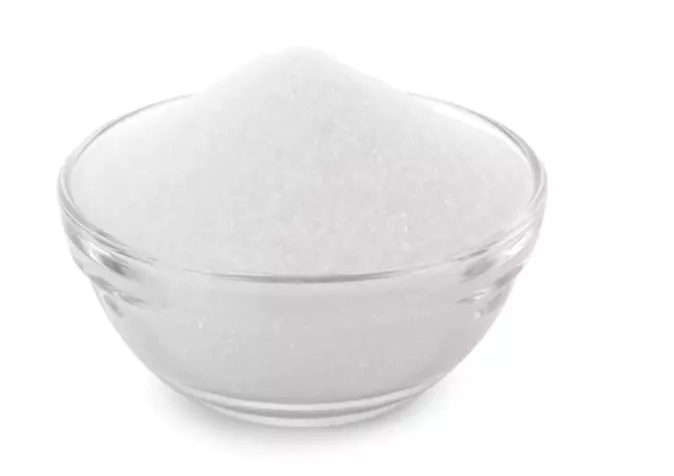IUPAC Name
Potassium acetate
Cas Number
127-08-02
HS Code
2915.29.90
Formula
CH3COOK
Industry
Food Ingredients
Appearance
White Crystalline Powder
Common Names
Diuretic salt
Packaging
25 Kg PP/PE Bags
Brief Overview
Potassium acetate is also called diuretic salt or potassium ethanoate, or acetic acid potassium salt. It is an essential macro-mineral and a potassium salt which consists of an equal numbers of acetate and potassium ions. It is a deliquescent white crystalline powder, soluble in water, and has a pH value between 7.5 - 9.0. It is widely used to replenish electrolytes, and as well as a urinary and systemic alkaliser. Earlier it was used in expectorants and diuretics.
Manufacturing Process
Potassium acetate is prepared by reacting a potassium-containing base such as potassium hydroxide or potassium carbonate with acetic acid in the following reaction:
CH3COOH + KOH → CH3CO2K + H2O
This is also known as an acid-base neutralization reaction. Potassium acetate is the salt that forms along with water as acetic acid and potassium hydroxide are neutralized together.
Food Industry
Potassium acetate is used as a food additive as a preservative and acidity regulator. In the European Union, it is labelled by the E number E261. Pharmaceutical Industry: In medicine, potassium acetate is used as part of replacement protocols in the treatment of diabetic ketoacidosis because of its ability to break down into bicarbonate and help neutralize the acidotic state.
Mining and Oil Industry
Potassium acetate is also the extinguishing agent used in class K fire extinguishers because of its ability to cool and form a crust over burning oils.
Cleaning Agent
Potassium acetate can be used as a deicer instead of chloride salts such as calcium chloride or magnesium chloride. It offers the advantage of being less aggressive on soils and much less corrosive and for this reason is preferred for airport runways.
